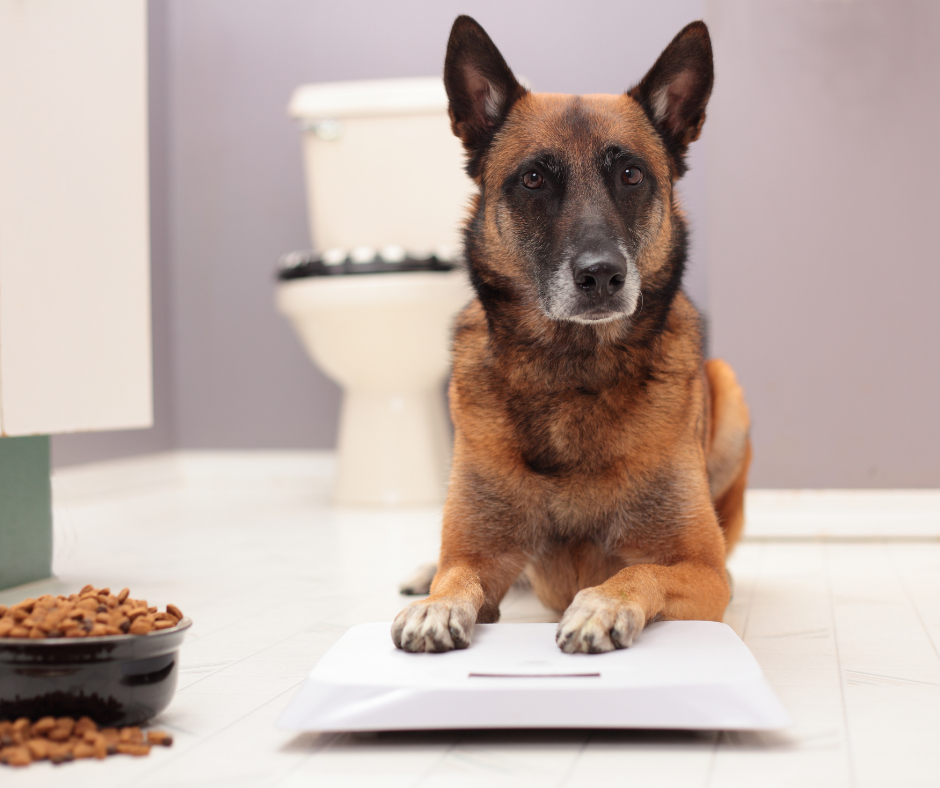Dogs are naturally curious animals; they often indiscriminately investigate anything they find by approaching, sniffing, or licking them. These natural tendencies make them susceptible to parasites like fleas and worms, leaving first-time pet owners asking questions like, “are pinworms dangerous?”
Dogs can encounter parasites at any point in their lives. Intestinal worms can infect puppies through their mother’s milk. Dogs can also contract parasites by ingesting fleas, being bitten by mosquitoes, or coming into contact with animal excrement.
The good news is that worms and other parasites can be prevented and treated. This article contains everything a pet owner should know about preventing, identifying, and treating internal parasites.
Can Dogs Get Pinworms?
Pinworms have long been a cause of concern for parents of school-aged children. People can contract pinworms through unintentional eating or inhalation of the worm’s eggs. Several distinct pinworm species can also infect horses.
However, specific pinworms can only infect a particular species. For instance, only humans can contract human pinworms, and the horse pinworm solely affects horses. Fortunately, there are no pinworm species that affect dogs.
Are Pinworms Dangerous?
People who contract pinworm infections do not experience severe complications as these parasites are relatively easy to treat. However, if left untreated, complications like urinary tract infections can occur.
As mentioned above, dogs do not get pinworms. Therefore, these parasites do not pose a threat to them.
Ultimately, the answer to the “are pinworms dangerous” question is a resounding no. Pinworms are not dangerous to dogs; people who contract these parasites can quickly get rid of them.
Common Types Of Dog Worms
Are pinworms dangerous? Although pinworms are off the list of potential parasitic threats to dogs, they may encounter four other common types of worms. The main types of dog worms are the following:
Roundworm
The most prevalent kind of intestinal parasite, roundworms, spread to dogs and cats when they come into contact with feces.
Dogs can contract roundworms by drinking polluted water, licking contaminated objects, ingesting dirt, or coming into contact with insects carrying roundworm eggs. Infected female dogs and cats can also spread the infection to their young through nursing.
Roundworms are particularly dangerous for small pups and kittens because they deprive the body of nutrients, which can cause malnutrition, respiratory problems, and intestinal blockages.
Hookworm
Hookworms are most frequently detected in dogs but can also be found in cats. Hookworm larvae can enter a pet’s body through the skin or the mouth lining and cause infection if they come into contact with them.
Hookworms consume their host’s blood by biting into the intestinal lining, resulting in blood loss, weakness, and starvation for kittens, puppies, and senior animals.
Tapeworm
Dogs can contract tapeworms by eating infected fleas or wild animals infected with fleas or tapeworms. The tapeworm egg hatches after a dog ingests the flea, attaching itself to the dog’s digestive tract.
Dogs infected by tapeworms may pass fragments of the parasite through their feces. These segments may be discernible and look like tiny grains of rice.
Whipworm
Whipworms are a type of worm that resides in the cecum and colon and releases its eggs into the dog’s feces. Dogs can contract whipworms by consuming contaminated substances such as dirt, food, water, animal flesh, or feces.
In moderate cases, whipworms may not even lead to symptoms. However, they can cause anemia, diarrhea, weight loss, and inflammation in more severe circumstances.
What Pet Owners Can Do To Prevent Worms

Pet owners can prevent worms in dogs by practicing good sanitation habits. Below are examples of ways a pet owner could ensure their pet is safe from parasites.
- Owners should immediately dispose of their pet’s feces to stop the spread of infection.
- Because these parasites are frequently found in contaminated water, owners should ensure that their pet has access to clean water.
- Owners should avoid letting their pets ingest grass or soil since these substances may carry parasite eggs.
- On walks, owners should ensure their pet does not interact with other dogs’ droppings as they may be contaminated.
- Owners should give their pets a monthly heartworm prevention medicine.
- Owners should use a monthly flea preventive treatment to stop infected fleas from spreading parasites to their dogs.
Treatment For Intestinal Worms In Dogs
A pet owner should bring their dog to a veterinarian’s clinic once they spot signs that their animal companion has contracted parasites.
The vet will draw up a treatment plan for a dog once the tests they have ordered reveal what kind of worm has affected it. The treatments will neutralize and destroy the worms in the dog’s body and may take the form of spot-on treatments, injectables, or oral dewormers.
The following are the most common worm treatments that veterinarians prescribe:
- Oral Dewormers: As its name suggests, infected dogs are made to take this type of medication orally. If the worm infection is severe, the dog may experience side effects like diarrhea, vomiting, and a loss of appetite.
- Spot-on Treatments: This treatment aims to eliminate fleas and other external parasites attached to a dog’s fur.
- Injectable Dewormers: These are one-time dewormers that veterinarians typically use to treat tapeworm infections. This dewormer paralyzes the worms inside a dog’s intestinal walls and allows them to pass through the stools.
Conclusion
Ticks and fleas are the least of your worries when it comes to pests. When intestinal parasites start living within your pet’s system, you should never hesitate to take them to the nearest vet.
Do you ever feel a heroic fire within you when you start talking about pets? Visit Doobert today because we need people like you! You can adopt an additional member to your fur family, and we can work together to provide a bright future for other animals in need.















